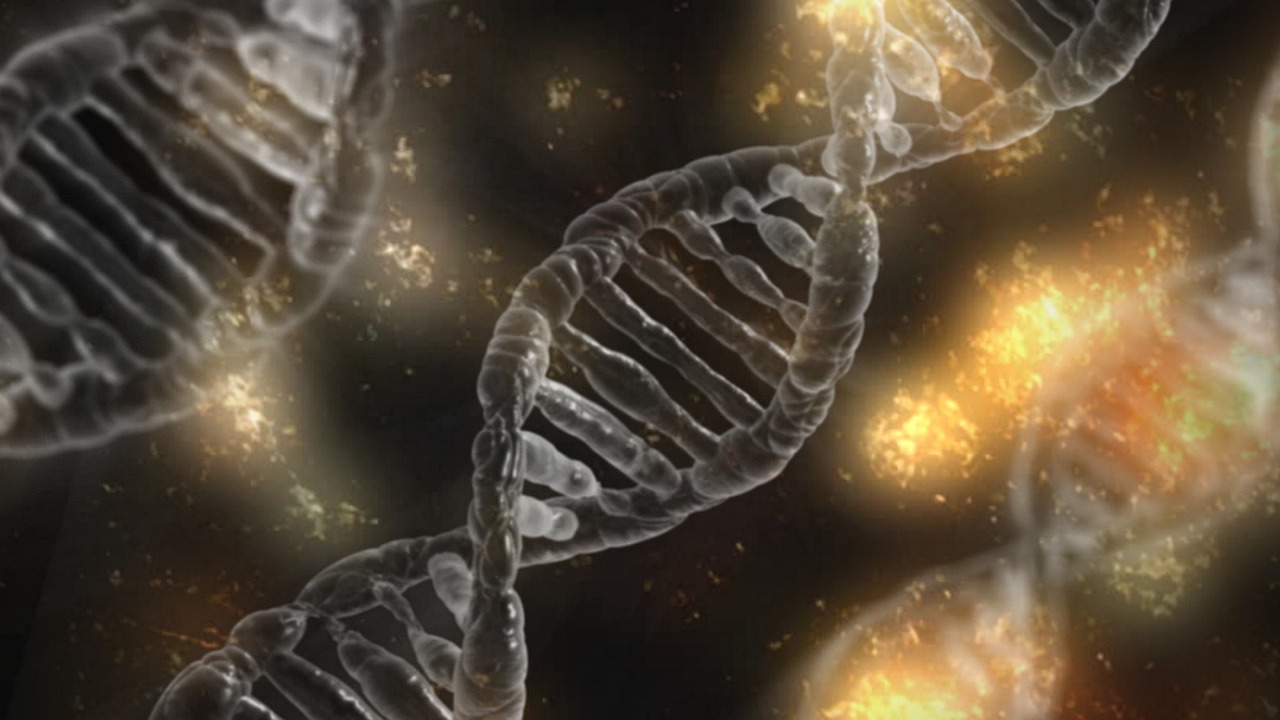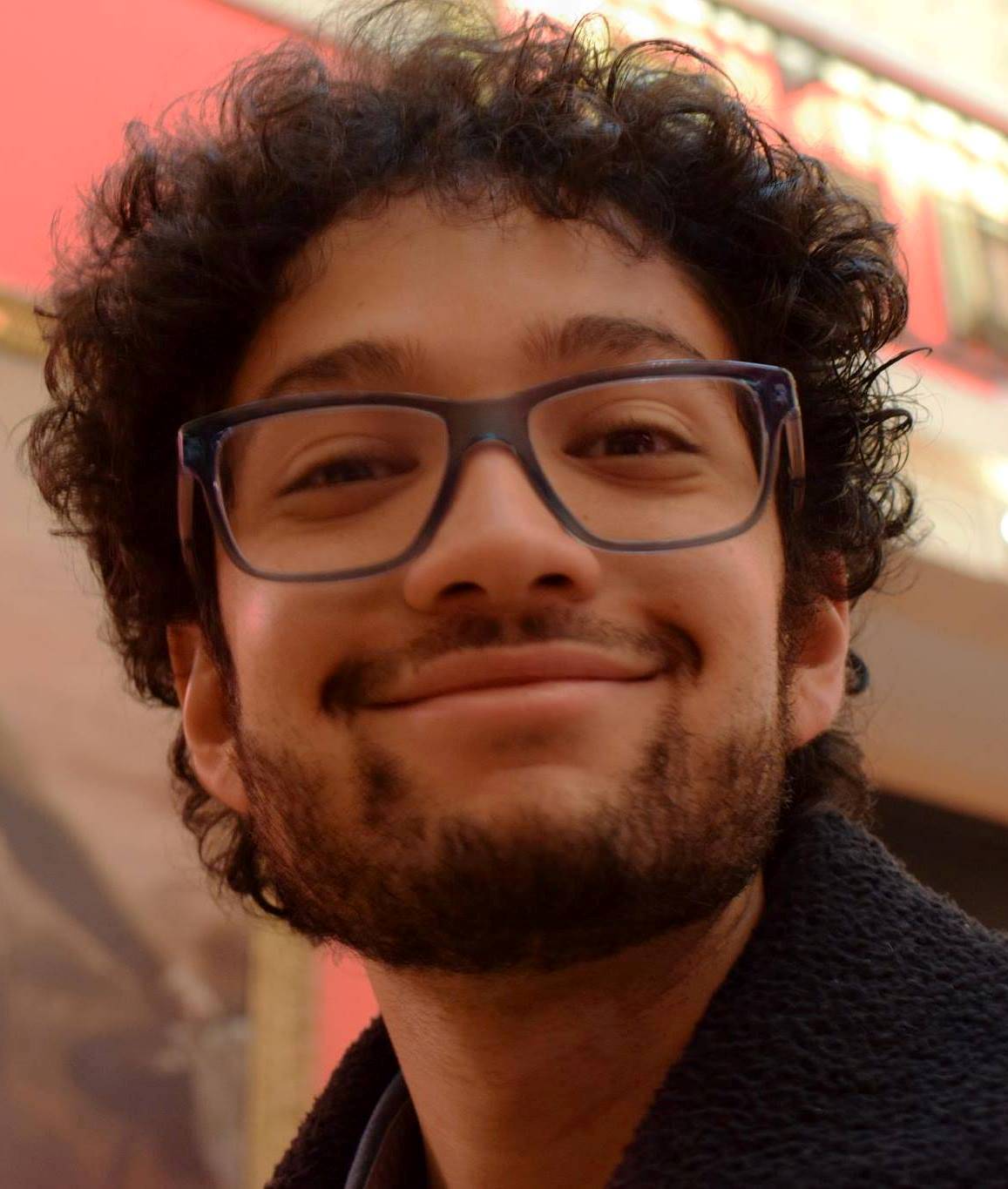
Eddie Cano-Gamez on the need to make genomics more diverse in an age of personalised medicine.
It is now possible to identify individuals at risk of coronary artery disease, breast cancer or other conditions, based on their DNA.
Eddie Cano-Gamez
What is personalised medicine? Some think of it as science fiction: a world where a single drop of blood can tell us which drugs to take or which diseases to expect.
The truth is that personalised medicine is already here. For instance, it is now possible to identify individuals at risk of coronary artery disease, breast cancer or other conditions, based on their DNA. Those who test positive can begin to change their lifestyle or start preventive treatment. This is thanks to methods which use “genomics” (the study of an individual's entire DNA, their genome) to look for genetic markers of disease. Yet, despite its promise, personalised medicine faces a familiar threat: if we don’t do something soon, only people of European ancestry will benefit from it.
The problem is that genomics relies on data. These data come from the DNA sequences of thousands of individuals, which are used to build a type of genetic “reference map”. If a person is at risk of disease, their genome will differ from this map. However, reference maps differ between populations and today 70% of genetic studies are on Europeans (Caucasians). East Asians are a distant second, accounting for a further 20%.
Particularly worrying is the future of personalised medicine for Africans and Native Americans, who are severely and increasingly underrepresented in these data. There are many reasons for this disproportionate representation. For example, most studies are conducted in countries with a large Caucasian population, like the United States. Also, geneticists often avoid mixed populations because these studies require more complex analysis. The threat here is that the difference between the reference maps we have and those that would represent these underserved populations will produce substantially different and potentially harmful results.
This situation must change. We can start by including minority populations and fostering international genetic programmes. Many are working towards this. The future, however, is concerning. If we don’t make a conscious effort to make genomics diverse, we will soon live in a world where personalised medicine is only available to a privileged few.
*Eddie Cano-Gamez [2017] is doing a PhD in Genomics at the Wellcome Sanger Institute. He studies how genetic variants affect the immune system. This article appears in the current edition of The Scholar magazine.

Eddie Cano Gamez
- Alumni
- Mexico
- 2016 MPhil Biological Science (Sanger)
2017 PhD Biological Science at the Sanger Institute - Trinity Hall
From my childhood, I remember the smell of books. The shelves full of novels at my grandmother’s house, the aroma of old pages in the reading room of my primary school during winter. I like to think of my life as a series of libraries. From the surreal verticality of Biblioteca Vasoncelos, with its whale skeleton hanging from the roof, to the Maori carvings of Auckland University Library. When I think of it that way, perhaps it is not surprising that, after pursuing a degree in biotechnology in Mexico City, I ended up studying immunogenomics. Picture, for instance, Alice through the looking glass. “Here it takes all the running you can do, to keep in the same place”, said the Red Queen. When I read this quote, I think of the immune system. How fast must it run to keep our place in a world ruled by microbes? But the immune system does not run, it plans ahead and divides tasks. It is a community of cells that talk to each other. During my PhD in at The Sanger Institute, Cambridge I will study the immune system, using transcriptomics to link gene expression and cellular functions to genetic variation across individuals. Because I firmly believe in the transforming power of knowledge, when out of the lab I like teaching, and promoting art and science. Languages and music are my biggest passions. Monet, my favourite painter. And my dearest dream, to someday have a positive impact in Latin American society. As a Nahuatl poet once put it, “all that is true has a root”. And, to me, the desire to improve our world will always be the root from which everything else stems.
Previous Education
University of Auckland
University of Cambridge












